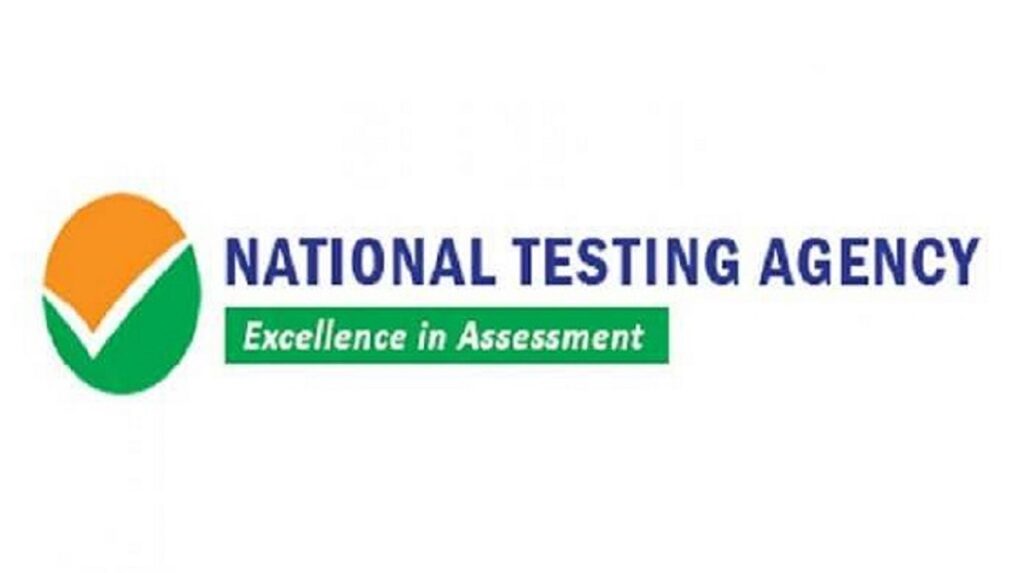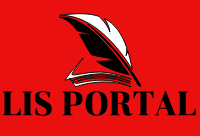UGC NET Syllabus paper 1
The UGC NET syllabus for the December 2023 cycle, prescribed by the University Grants Commission (UGC), is soon to be published on the NTA/UGC website. Unless modified, the syllabus for UGC NET 2023 December cycle will remain consistent. If any updates or revisions are made to the curriculum by the NTA/UGC, an official notification will be issued.
The UGC NET syllabus consists of two sections: UGC NET Paper 1 Syllabus 2023 and UGC NET Paper 2 Syllabus 2023. The Paper 1 syllabus is uniform for all aspirants appearing for the UGC NET 2023 exam. On the other hand, Paper 2 syllabus varies depending on the chosen subject. Paper 2 consists of subject-specific questions, enabling candidates to specialize.
In the UGC NET exam, Paper 1 contains 50 multiple-choice questions, while Paper 2 contains 100 MCQs. Candidates have a time limit of 3 hours to complete both papers. Familiarizing oneself with the UGC NET 2023 syllabus for Papers 1 and 2 is crucial at the outset of exam preparation. Alongside the syllabus, understanding the latest UGC NET exam pattern is vital.
The UGC NET 2023 exam will cover 83 subjects and assess candidates’ eligibility for the roles of Assistant Professor and/or Junior Research Fellowship (JRF) in Indian universities and colleges.

NTA/UGC NET syllabus for First Paper
UGC NET Syllabus paper 1
Unit-I: Teaching Aptitude
- Teaching: Concept, objectives, levels of teaching (memory, understanding, and reflective), characteristics, and basic requirements
- Learner’s characteristics: Characteristics of adolescent and adult learners (academic, social, emotional and cognitive), individual differences
- Factors affecting teaching related to Teacher, Learner, Support material, Instructional facilities, Learning environment, and Institution
- Methods of teaching in higher learning institutions: Teacher-centred vs learner-centered methods; offline vs online methods (Swayam, Swayamprabha, MOOCs, etc.).
- Teaching support system: Traditional, modern, and ICT based
- Evaluation systems: Elements and types of evaluation, evaluation in Choice Based Credit Systems in higher education, computer-based testing, innovations in evaluation systems
Unit-II: Research Aptitude
- Research: Meaning, types, and characteristics, positivism and post-positivistic approach to research
- Methods of research: Experimental, descriptive, historical, qualitative and quantitative methods
- Steps of research
- Thesis and article writing: Format and styles of referencing
- Application of ICT in research
- Research ethics
Unit-III: Comprehension
- A passage of text is given. Questions are asked from the passage which needs to be answered.
Unit-IV: Communication
- Communication: Meaning, types, and characteristics of communication
- Effective communication: Verbal and non-verbal, inter-cultural and group communications, classroom communication
- Barriers to effective communication
- Mass-media and society
Unit-V: Mathematical Reasoning and Aptitude
- Types of reasoning
- Number series, letter series, codes, and relationships
- Mathematical aptitude (fraction, time & distance, ratio, proportion and percentage, profit and loss, interest and discounting, averages etc.)
Unit-VI: Logical Reasoning
- Understanding the structure of arguments: Argument forms, the structure of categorical propositions, mood and figure, formal and informal fallacies, uses of language, connotations, and denotations of terms, the classical square of opposition
- Evaluating and distinguishing deductive and inductive reasoning
- Analogies
- Venn diagram: Simple and multiple uses for establishing the validity of arguments
- Indian Logic: Means of knowledge
- Pramanas: Pratyaksha (Perception), Anumana (Inference), Upamana (Comparison), Shabda (Verbal testimony), Arthapatti (Implication) and Anupalabddhi (Non-apprehension)
- Structure and kinds of Anumana (inference), Vyapti (invariable relation), Hetvabhasas (fallacies of inference)
Unit-VII: Data Interpretation
- Sources, acquisition and classification of data
- Quantitative and qualitative data
- Graphical representation (bar-chart, histograms, pie-chart, table-chart and line-chart) and mapping of data
- Data interpretation
- Data and governance
Read Also
Eligibility Criteria for UGC-NTA Exam
Unit-VIII: Information and Communication Technology (ICT)
- ICT: General abbreviations and terminology
- Basics of Internet, Intranet, E-mail, Audio and Video-conferencing
- Digital initiatives in higher education
- ICT and Governance
Unit-IX: People, Development and Environment
- Development and environment: Millennium development and Sustainable development goals
- Human and environment interaction: Anthropogenic activities and their impacts on the environment
- Environmental issues: Local, regional and global; air pollution, water pollution, soil pollution, noise pollution, waste (solid, liquid, biomedical, hazardous, electronic), climate change and its socio-economic and political dimensions
- Impacts of pollutants on human health
- Natural and energy resources: Solar, Wind, Soil, Hydro, Geothermal, Biomass, Nuclear and Forests
- Natural hazards and disasters: Mitigation strategies
- Environmental Protection Act (1986), National Action Plan on Climate Change, International agreements/efforts -Montreal Protocol, Rio Summit, Convention on Biodiversity, Kyoto Protocol, Paris Agreement, International Solar Alliance
Unit-X: Higher Education System
- Institutions of higher learning and education in ancient India
- Evolution of higher learning and research in post-independence India
- Oriental, conventional and non-conventional learning programmes in India
- Professional, technical and skill-based education.
- Value education and environmental education
- Policies, governance, and administration

UGC NET Teaching Aptitude Syllabus
The teaching aptitude section is designed to measure the teaching tendency of a candidate. The questions are based on pedagogy and classroom-based activities. The complete syllabus of teaching aptitude has been given below:
- Teaching: Concept, Objectives, Levels of teaching (Memory, Understanding, and Reflective), Characteristics, and basic requirements.
- Learner’s characteristics: Characteristics of adolescent and adult learners (Academic, Social, Emotional, and Cognitive), Individual differences.
- Factors affecting teaching related to Teacher, Learner, Support material, Instructional facilities, Learning environment, and Institution.
- Methods of teaching in Institutions of higher learning: Teacher-centered vs. Learner-centered methods; offline vs. Online methods (Swayam, Swayamprabha, MOOCs, etc.).
- Teaching Support System: Traditional, Modern, and ICT-based.
- Evaluation Systems: Elements and Types of Evaluation, Evaluation in Choice Based Credit System in Higher Education, Computer-based Testing, Innovations in evaluation systems
UGC NET Research Aptitude Syllabus
The research aptitude section is taken to measure the tendency and knowledge of the candidates which will be used while doing the PhD. The syllabus for the UGC NET Research Aptitude has been given below for the candidates:
- Research: Meaning, Types, and Characteristics, Positivism and Post-positivist approach to research.
- Methods of Research: Experimental, Descriptive, Historical, Qualitative, and Quantitative Methods.
- Steps of Research.
- Thesis and Article writing: Format and styles of referencing.
- Application of ICT in research.
- Research ethics
UGC NET Communication Syllabus
The UGC NET communication syllabus is designed to test the communication knowledge of the candidates. The syllabus of the UGC NET communication syllabus has been given below for the candidates:
- Communication: Meaning, types, and characteristics of communication.
- Effective communication: Verbal and Non-verbal, Inter-Cultural and group communications, Classroom communication
- Barriers to effective communication
- Mass-Media and Society
UGC NET Syllabus paper 1
UGC NET Paper 1 Syllabus PDF: Free Download
The candidates who are preparing for the UGC NET exam can check the PDF for the UGC NET Paper 1 syllabus. The PDF can be downloaded and can be used while preparing for the exam. The Paper comprises 10 units and holds a total of 100 marks in the UGC NET exam. The PDFlink has been given below for the candidates:
Official Website : https://ugcnet.nta.nic.in/
